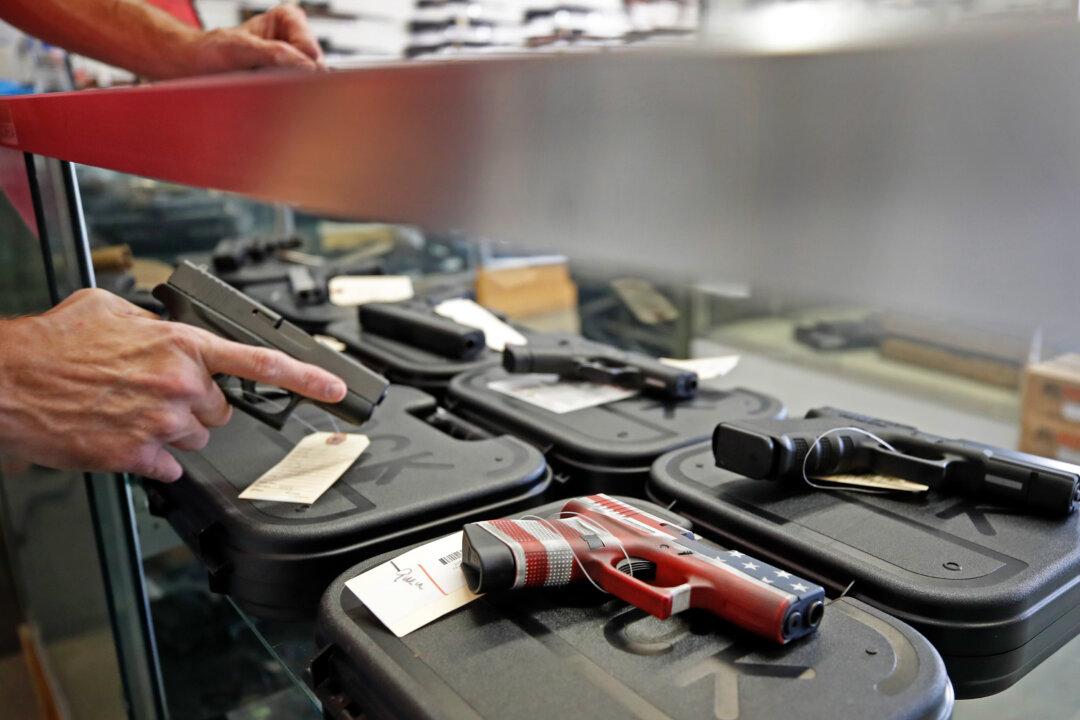Americans’ overall support for stricter gun law has fallen to its lowest level since 2016, while the disagreement between Republicans and Democrats over the issue has continued to widen, according to a Gallup survey.
The report, published on Monday, shows that Americans are “less likely than they have been since 2016 to call for increased gun control.” Some 57 percent of respondents are in favor of stricter gun laws, a 7 percent decrease from 2019. Meanwhile, 34 percent of respondents prefer that gun laws be kept as they are now, while 9 percent say they should be less strict.





